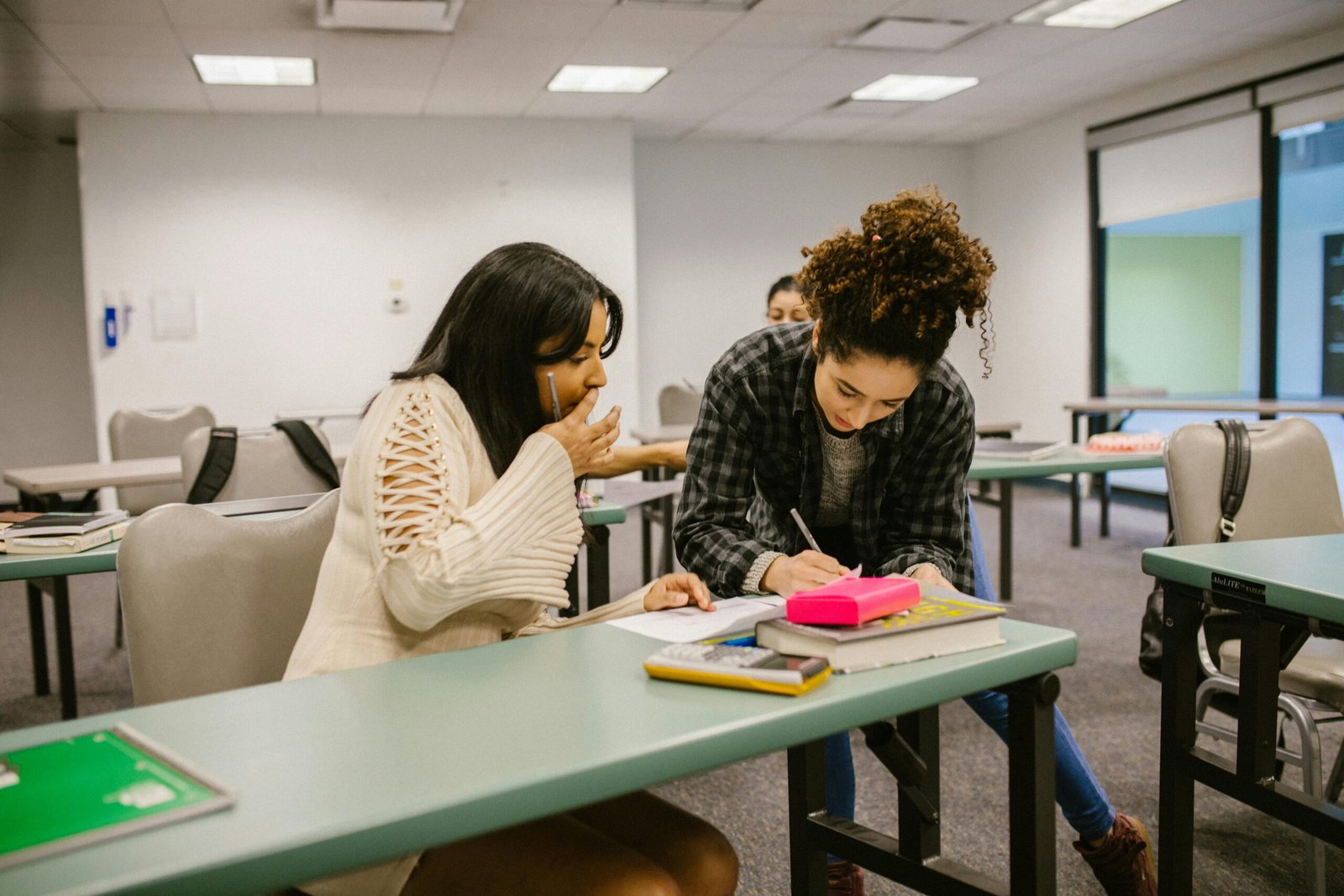Courses Designed For College/University Students
Pathways curriculum materials are complete course resources including student workbooks with comprehensive lesson investigations, homework, and online lessons and repeatable practice. The materials also include a teacher support system based on the latest research on how students learn key mathematical ideas and how instruction can support the development of students’ mathematical thinking and problem solving abilities. Our materials promote conceptual understanding and procedural fluency by promoting reflection on repeated reasoning. Students in Pathways courses acquire a renewed confidence in their ability to make sense of ideas and develop meaningful formulas to represent patterns and relationships.
Precalculus
Pathways Precalculus prepares students for calculus with a coherent approach grounded in covariational reasoning and rate of change. Students are given ample opportunities to conceptualize and model dynamic relationships and learn to approach novel contexts by first identifying and describing patterns in how the values of two quantities change together. Recognizing similarities and differences in these patterns across a variety of contexts motivates conceptualizing function families and exploring the properties of different functions. Similarly, a focus on rate of change throughout the course is a unifying theme that helps students see connections across lessons and units as well as giving them a strong foundation for beginning calculus.

Trigonometry
Pathways Trigonometry is identical to Pathways Precalculus but with the table of contents condensed to focus more on trigonometry and its applications and less on non-trigonometric function types.
College Algebra
Pathways College Algebra is a flexible course that prepares students for either precalculus or alternative paths such as business calculus, statistics, or finite mathematics. Similar to our precalculus course, Pathways College Algebra is a coherent approach grounded in covariational reasoning and rate of change but with a stronger emphasis on building students’ fluency in algebra. Students are supported in conceptualizing and modeling dynamic relationships with particular attention paid to seeing connections between multiple representations of these relationships. In particular, students build powerful personal meanings for the algebraic statements they generate and work with as well as the meanings for the operations they perform.
Intermediate Algebra [Under Development]
Pathways Intermediate Algebra focuses on addressing key conceptual foundations students need to be successful in college algebra, various STEM fields, and in everyday life. The course supports students in conceptualizing mathematical relationships and communicating information about those relationships through various representations. Exploring and modeling dynamic situations helps students develop powerful images of variation and covariation, the meaning of variables, and the meaning behind the structure of expressions and algebraic statements.




